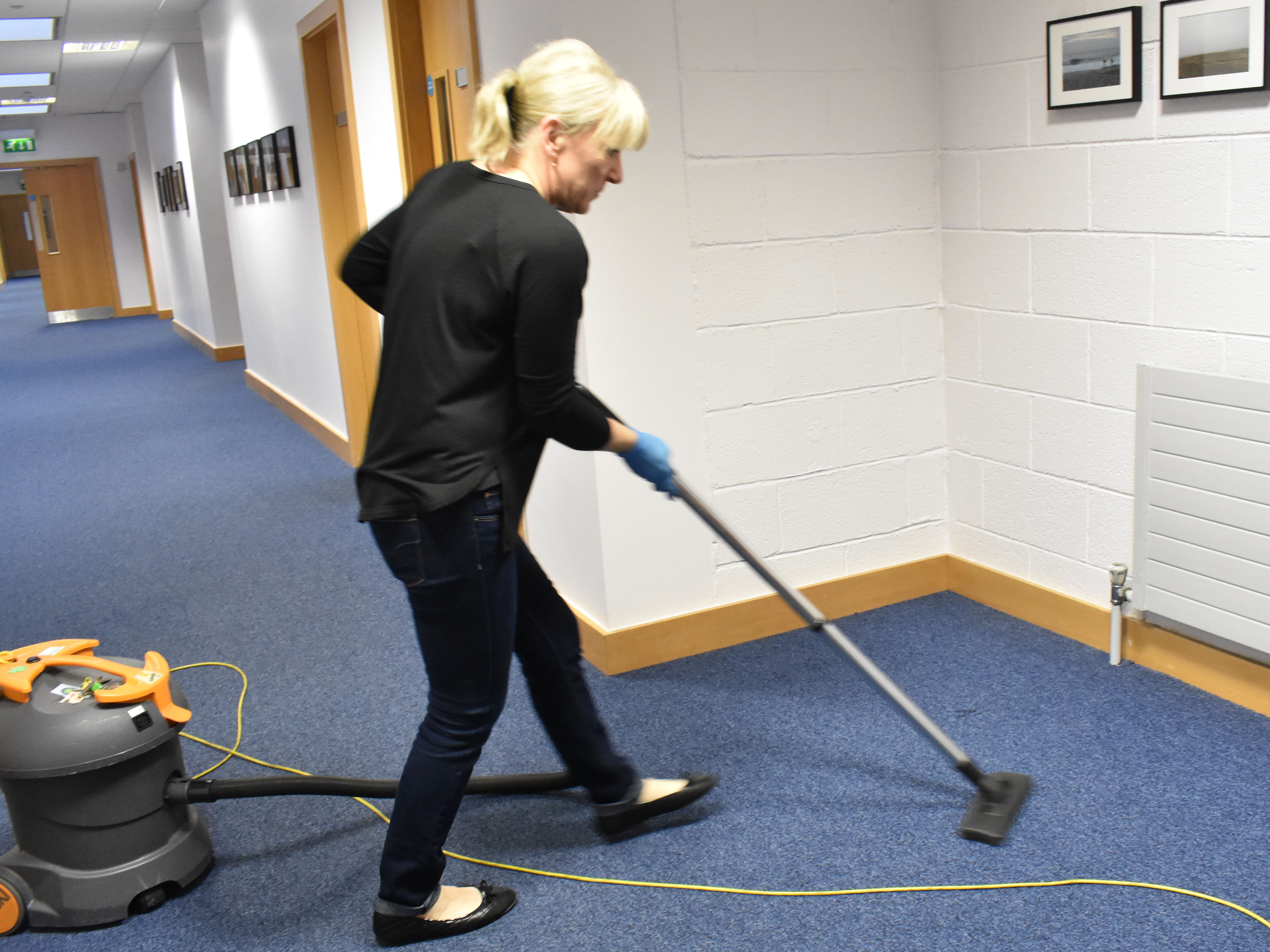
[dropcap]S[/dropcap]enator Fintan Warfield of Sinn Fein attempted to reintroduce a bill to lower the voting age to 16, intending to encourage young people’s participation in politics and policymaking. Most 16-year-olds barely do their homework, how are they qualified to influence national affairs?
Another senator, Marie-Louise O’Donnell, objected to this proposition, saying “Four years ago some of you were 12 … I would suggest you stay away from politics”. This statement was met with outrage from Irish Times columnist, Una Mullally.
Mullally claims that this remark shows that the establishment doesn’t want young people in politics, which is a fair assumption. However, she then writes that young people are needed in politics more than ever.
Her proposition is that, because young people are affected by homelessness, suicide, unemployment and mental illness, they need to be represented in Government to influence policymaking regarding these issues.
This notion is ridiculous. It’s predicated on the idea that because a specific demographic is affected by an issue, they need direct involvement in the policymaking regarding that issue. The implication being that the older generation is apathetic to their plight.
To assume older people have it out for the successors is cynical. Older people are in politics because they have experience in their fields, and in life. They’re not there exclusively due to their age.
Young people, however, are inexperienced, in both academia and life. Forget secondary school students, most college students barely clean their room. If you cannot keep your own domain of existence in order, how are you qualified to try and impose order on society?
I think modern student activism is to blame. Students are encouraged to perfect the world before they’re taught to perfect themselves. We are being indoctrinated into ideologies that warp our thoughts and beliefs.
Dr. Jordan Peterson, a Canadian clinical psychologist, lectures on the power of individuality in a world dominated by collectivist ideology. He speaks about humans’ inherent vulnerability. Regarding my point, university students are vulnerable simply because they’re inexperienced.
Most students are under the age of 22, which is incredibly young. Dr. Peterson argues that this vulnerability leads people to ascribe to collectivist ideology, as a system of beliefs fills in the gaps left by your lack of knowledge.
Alternatively, Dr. Peterson suggests, you can focus on your individual development, to commit to becoming competent in something you are passionate about.
Become a dynamic individual by constantly confronting the unknown. Talk to people you disagree with. Exclusively associating with people with whom you agree with is like wandering an intellectual wasteland.
Follow your moral intuition; do that assignment you’ve been putting off, clean that mess on your desk, set yourself achievable goals. Fulfil your daily obligations to dispel your anxieties.
Aleksandr Solzhenitsyn said: “There are as many centres of the universe as there are individual consciousnesses.” If you know 1000 people, and they know 1000 people, you are three people away from a billion people. What you do with your life matters, which brings with it individual responsibility.
It’s up to everyone to shoulder that responsibility, to build a life of truth and virtue, to become the person you know you can be, and then, well then, you can truly change the world.
Dave Kelly
Image credit: Cáit Caden



